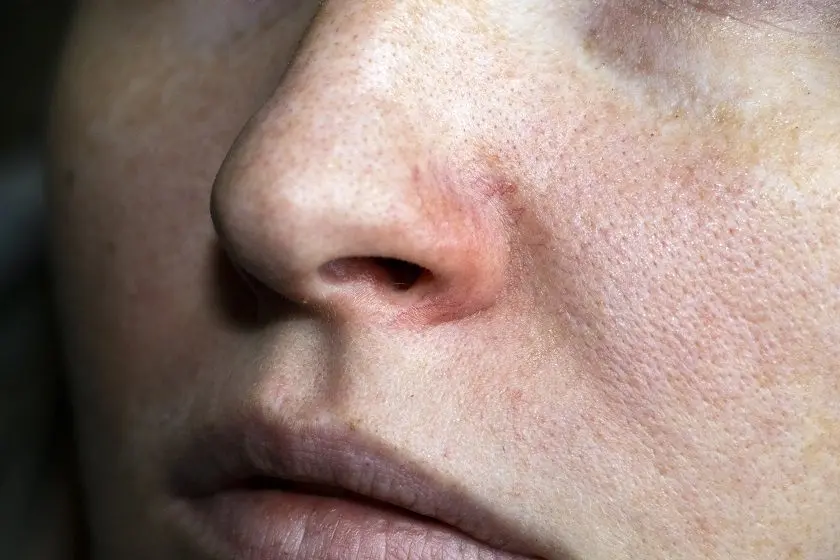Red spots after drinking alcohol may indicate a progressive alcohol allergy, this is one of the first symptoms. First, the face turns red, then rashes appear on the skin. If you have ever noticed this in yourself, I advise you to read this material to the end. Timely measures taken will help to avoid problems in the future.
Any allergy is an increased individual sensitivity of the immune system to a particular substance. With repeated exposure to the allergen, the body begins to fight it by producing antibodies. This leads to a general inflammatory process with difficult unpredictable consequences, especially if a lot of the pathogen has entered the body.
Contrary to popular belief, alcohol allergy can be caused by more than just ethyl alcohol. Hops and yeast in beer, synthetic colors in wine, flavors, preservatives, and sulfites in other beverages can also trigger an allergic reaction. Finding the source of the problem is quite difficult.

Alcohol allergy symptoms:
- after drinking alcohol, red spots appear on the face and hands;
- the affected areas of the skin begin to itch;
- there is a rapid intoxication up to loss of consciousness;
- acute chronic diseases of the gastrointestinal tract;
- body temperature and blood pressure change (increase or fall);
- there is a runny nose, headaches, asthma attacks and tachycardia (strong heartbeat).
Almost all the symptoms of an alcohol allergy can be observed in other cases, for example, with alcohol poisoning, hangovers, or chronic diseases. Only red spots on the skin more or less accurately indicate the presence of a problem.
Treatment for alcohol allergy
If you suspect an alcohol allergy, I recommend that you immediately seek help from a specialist. Remember, the lack of treatment can lead to complications and death.
The first thing to do is identify the source. Allergy to alcohol can be hereditary (passed on the paternal or maternal line) and acquired (appears as a result of frequent intake of low-quality alcohol). Think about whether at least one of your parents has problems with any alcoholic drink. If yes, then this is already a weighty reason to permanently abandon the use of this drink.
With a mild allergic reaction (manifested only by red spots on the skin, without suffocation, tachycardia, headaches and swelling), you can experiment with the selection of suitable alcohol.
If, when drinking an alcoholic drink with a different snack, an allergy is observed twice in a row, then the reason lies precisely in its composition. Sometimes you have to completely abandon this type of alcohol, but in most cases it is enough to switch to a better brand. This is clearly seen in the case of an allergy to wine or beer, which may contain many chemical additives. In most cases, changing the manufacturer completely solves the problem.
If you are allergic to strong alcohol, you can try to stop drinking drinks with a significant amount of essential oils and tannins (moonshine, tequila, whiskey), replacing them with vodka or high-quality cognac (French).
It also helps to reduce the amount of alcohol you drink. For example, instead of 3 liters of beer at a time, drink only a liter. This statement is true for other drinks as well. Allergy sufferers should also not mix different alcoholic drinks: drink beer after vodka or indulge in other dubious combinations.
If all of the above recommendations did not give the expected result, most likely the person is allergic to pure ethyl alcohol or a snack. You can try changing food. There are situations when a harmless dish causes allergies in combination with alcohol, although it is harmless in itself. Understanding this reason lies in the plane of the biochemical processes occurring in the body, and will not be considered here.
Only with an allergy to ethyl alcohol will you have to completely abandon the use of alcohol, but such cases are rare.
Attention! Self-medication can be dangerous, consult your doctor.









